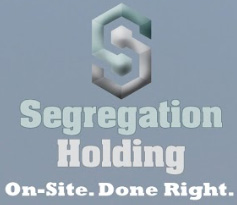Important information for investors beginning a 1031 exchange from October 18 – December 31, 2013
 The time frame an exchanger has to complete the acquisition of a replacement property in a 1031 exchange ends at midnight on the earlier of the 180th day after the date the relinquished property was transferred – or -the due date (including extensions) for the income tax return for the taxable year in which the transfer of the relinquished property occurs.
The time frame an exchanger has to complete the acquisition of a replacement property in a 1031 exchange ends at midnight on the earlier of the 180th day after the date the relinquished property was transferred – or -the due date (including extensions) for the income tax return for the taxable year in which the transfer of the relinquished property occurs.
Section 1031(a)(3)(B) is the IRC 1031 exchange verbiage to consider. Even though the individual applying a 1031 exchange may be entitled to a filing extension, to extend the 180-day period the exchanger must actually obtain the filing extension. Consequently, some who use a 1031 exchange closing on the sale of relinquished property late in 2013 may need to file for an extension to utilize the entire 180 -day exchange period.
As a general rule, a 1031 exchanger should not file a tax return until the 1031 exchange is complete. More specifically, if the 180th day following the closing of the sale of the first relinquished property falls after the due date for filing the 2013 federal income tax return (generally April 15, 2014 for individuals), a 1031 exchanger must file IRS Form 4868 with the IRS to actually extend the filing date. If an exchanger does not file for such an extension, they will not be able to acquire any replacement property in a 1031 exchange after the tax return due date.
For more information about a 1031 exchange please contact Scott Saunders at (719) 481-9788 or email Scott.
Thank you, Scott, for contributing this important information about 1031 Exchange.
Be sure to follow us on Facebook for up to date tips and advice on cost segregation…or catch our tweets on Twitter!


